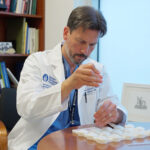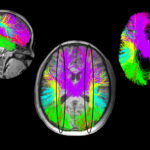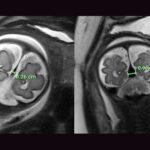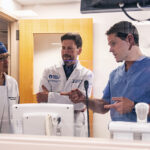Jack: My AVM story
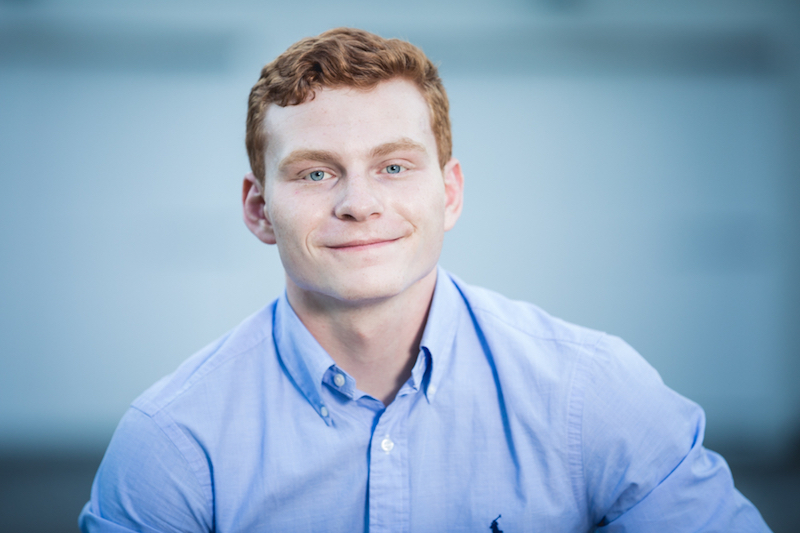
Last spring, during my junior year of high school, I had a head collision during rugby practice. My coach recommended that I go to the emergency room for x-rays because I had a history of concussions. My parents took me to the hospital and the doctor there confirmed I had a concussion, and recommended that I go to a local concussion center for additional testing because this was my fourth concussion.
I met with the doctor there a few days later and he thought I should have an MRI. He called my mom on the Saturday after the test and told her that while I didn’t have trauma from the concussions, they found something else on the MRI that could be serious. We didn’t know what it was, but we had to go to Boston Children’s Hospital as soon as possible for testing with Dr. Edward Smith.
Learning about my AVM
I remember the day we met with Dr. Smith. He very calmly told us that I had an arteriovenous malformation (AVM) and explained that it was a tangle of blood vessels in my brain.
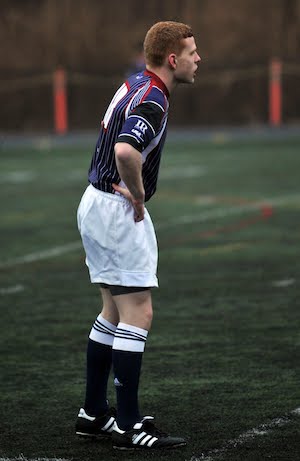
He said it was impossible to predict, but the risk is that it could rupture at any time and that I needed to have brain surgery. Dr. Smith explained that I was born with the AVM and we would never have known that I had it if it weren’t for the MRI. He said that every year of my life the chances of it bursting would increase, and while the risk from moment to moment was very tiny, the overall risk would steadily grow as I aged and the “wear and tear” on the AVM increased, and that it could be fatal if it did bleed, meaning that surgery was probably a good idea.
When Dr. Smith asked me if I had any questions for him, the main thing on my mind was if I would be able to go into the military if I didn’t have the surgery. He said “no.” That made the decision for me because I really wanted to have that option, so my parents and I agreed to schedule the surgery.
Scheduling my surgery
The timing was rough, as I was approaching final exams at school and the beginning of summer. I had to take my final exams within days of hearing this news and cancel a lot of plans I had already made for the summer. I was able to go on a foreign exchange program to Germany right before the surgery because I knew I wouldn’t be able to do much for the rest of the summer after the surgery. That week spent with friends and my host family really helped me to relax, and not be so worried about the surgery.
On the day of the surgery, Dr. Smith was telling jokes and made my mom cry when he said that he would treat me just as if I was his own son. The surgery day was long and I remember my parents being there when I woke up. I had a very good recovery period in the hospital and really wanted to go home as soon as I could.
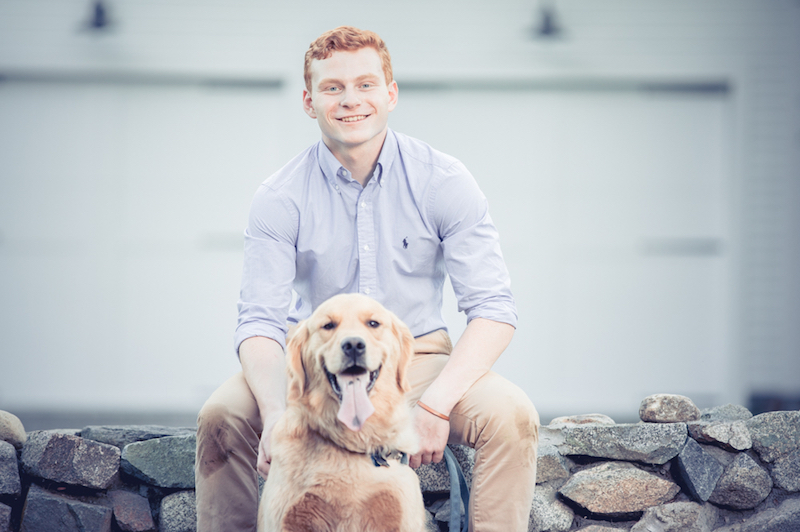
Life after my AVM surgery
My friends and family couldn’t believe that after the surgery there was just a bandage on my head. While the summer was hard for me because I had to rest for most of it, I am very thankful that we found out about the AVM by chance, and we joke that my fourth concussion saved my life. I was able to go back to school on time to start my senior year and am now getting ready to go to college. As I approach the one-year anniversary of my surgery, this experience has helped me to realize what’s most important in life, and I am very thankful for all my friends, teachers, doctors, and family who supported me through that time.
Learn more about the Cerebrovascular Surgery and Interventions Center.
Related Posts :
-

Promising advances in fetal therapy for vein of Galen malformation
In 2024, Megan Ingram* of California and her husband were preparing for the birth of their third child when a 34-week ...
-

Unveiling the hidden impact of moyamoya disease: Brain injury without symptoms
Moyamoya disease — a rare, progressive condition that narrows the brain’s blood vessels — leads to an increased risk of stroke ...
-

Could the falcine sinus hold the key to vein of Galen outcomes?
A Boston Children’s Hospital study uncovers how fetal magnetic resonance imaging (MRI) could be a game-changer in predicting outcomes ...
-

Breaking new ground in cerebral cavernous malformation research
Children with cavernous malformations face unique treatment challenges due to factors such as the malformation’s location, size, risk of ...


